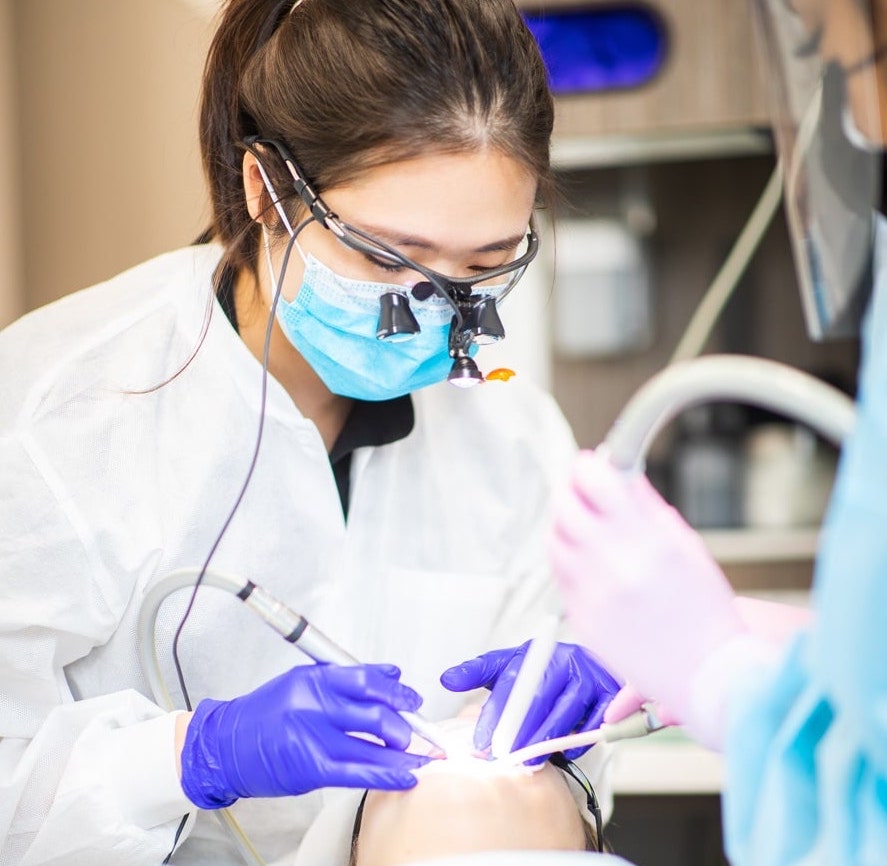Gingivitis, or periodontal disease, is a mild and early form of gum disease. It occurs when plaque and bacteria build up in your mouth, which results in infection. It makes the gums swollen, red, and easy to bleed. You can easily tackle gingivitis, especially with the help of an emergency dentist near me. If you leave it untreated, the condition can lead to periodontitis, a more severe gum disease.
What causes periodontal disease?
Everyone's mouths contain microorganisms. Most bacteria are typical, safe, and natural. However, some bacteria can produce plaque, which is a sticky, nearly invisible film that forms on the teeth. Plaque and germs can infect the area where your teeth and gums come into contact if you don't brush your teeth regularly, which is gum disease. Over time, plaque becomes tartar, which is more difficult to remove, and Tartar can hold on to more bacteria, making gingivitis worse.
What are the symptoms of gingivitis?
Even in its later stages, gum disease can grow without causing any noticeable symptoms. Although the indicators of periodontal disease are frequently mild, they are not wholly absent. Some symptoms may indicate a particular illness form. Gum disease symptoms include:

- Bleeding gums during and after cleaning your teeth
- Having red, inflamed gums Gums in good health should be pink and firm.
- persistent halitosis or an unpleasant aftertaste
- recessed gums
- Deep pockets developing between teeth and gums
- Moving or loose teeth
- Alterations in the way partial dentures fit or the way teeth do together when you bite down
What increases the chances of developing gingivitis?
According to Cigna insurance dental, you may face a higher risk of having gingivitis if you:
- If you are pregnant or have other hormonal changes related to oral health
- If you dont take good care of your teeth or crooked teeth that are hard to clean.
- Have a family history of gum disease.
- Have diabetes
- Smoke or chew tobacco
How to treat gingivitis?
The two primary goals of Gingivitis Treatment are infection management and restoring healthy teeth and gums. Your dentist or periodontist will completely clean your teeth to eliminate harmful bacteria, plaque, or tartar. Additional gum disease treatment comprises:
Scaling and root planing
Emergency dental care specialists should perform scaling and root planing since they eliminate bacteria and tartar from your gums and teeth. The surfaces of the tooth roots are smoothed during planning, and the process helps prevent germs' adhesion.

Providing dental restoration,
Your dentists will fix or remove the crowns, fillings, or bridges that stick out or don't fit properly may be. Surfaces with more luster are more superficial to keep clean.
Encourage good dental hygiene.
Gingivitis is often treated with a thorough dental cleaning. But after you get back home, you need to maintain order. You'll pick up some tips on how to brush your teeth correctly and get assistance setting up checks.
Conclusion
The above-provided details and information will help you learn some beneficial facts and details regarding gingivitis. For more informative facts and updates regarding gingivitis, please visit dentisthoustontx.com.
Article Source : https://www.transitsblog.com/what-kind-of-disease-is-gingivitis/
No comments:
Post a Comment